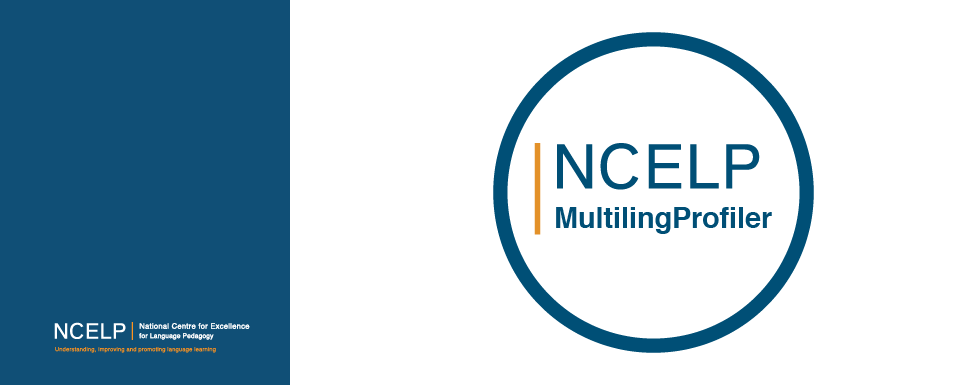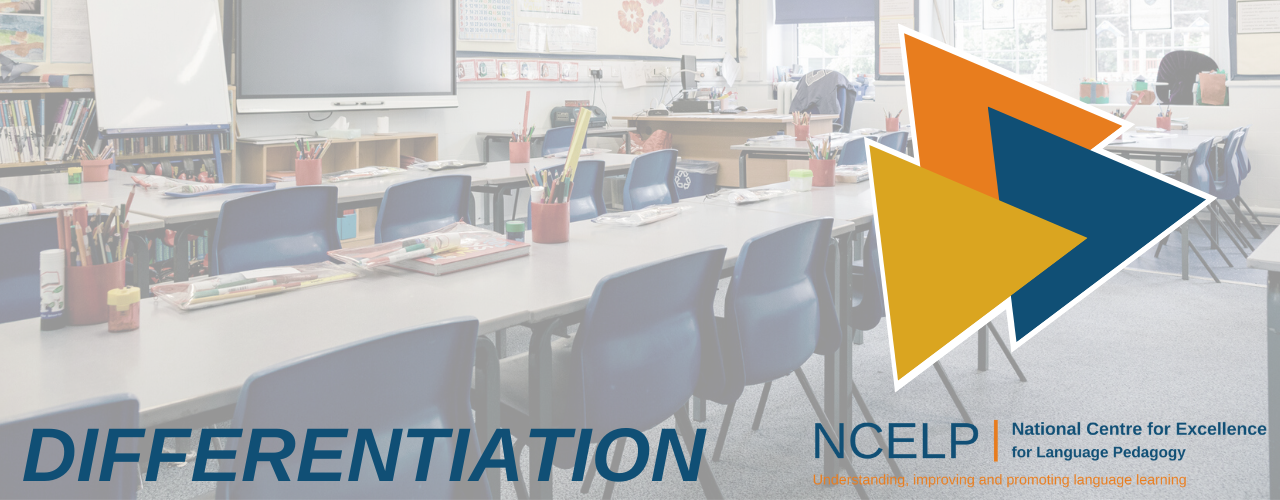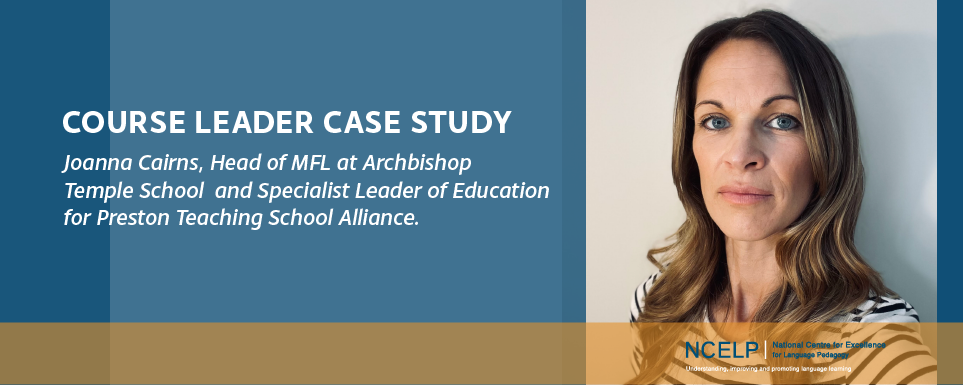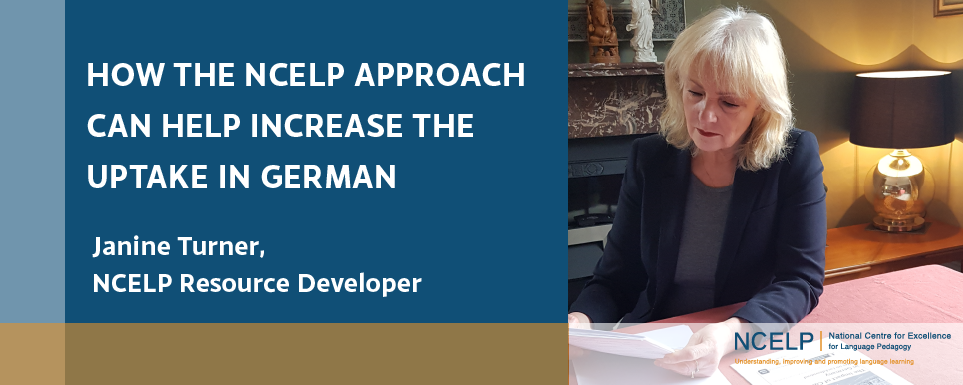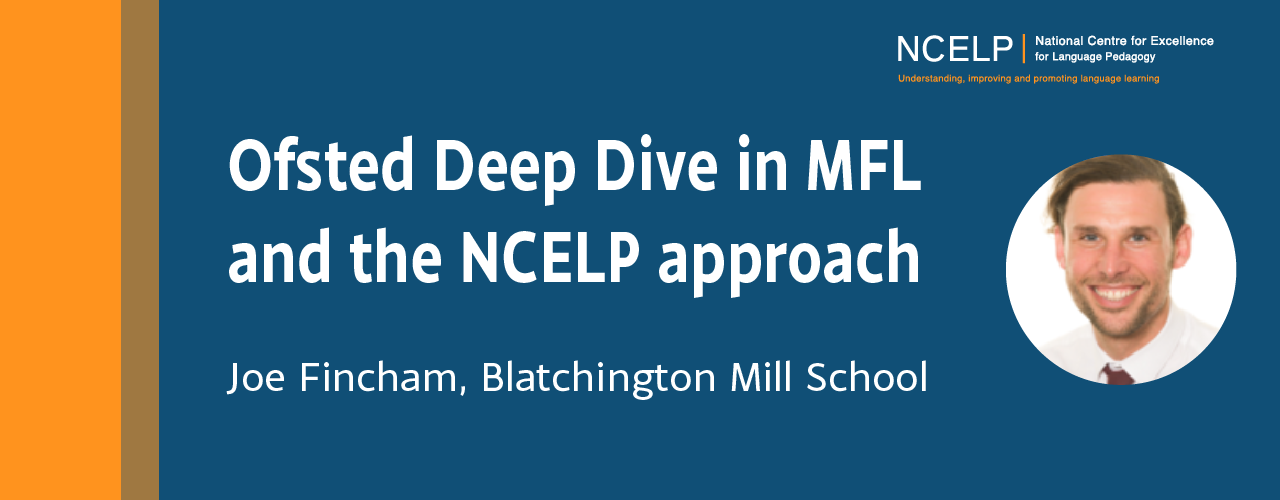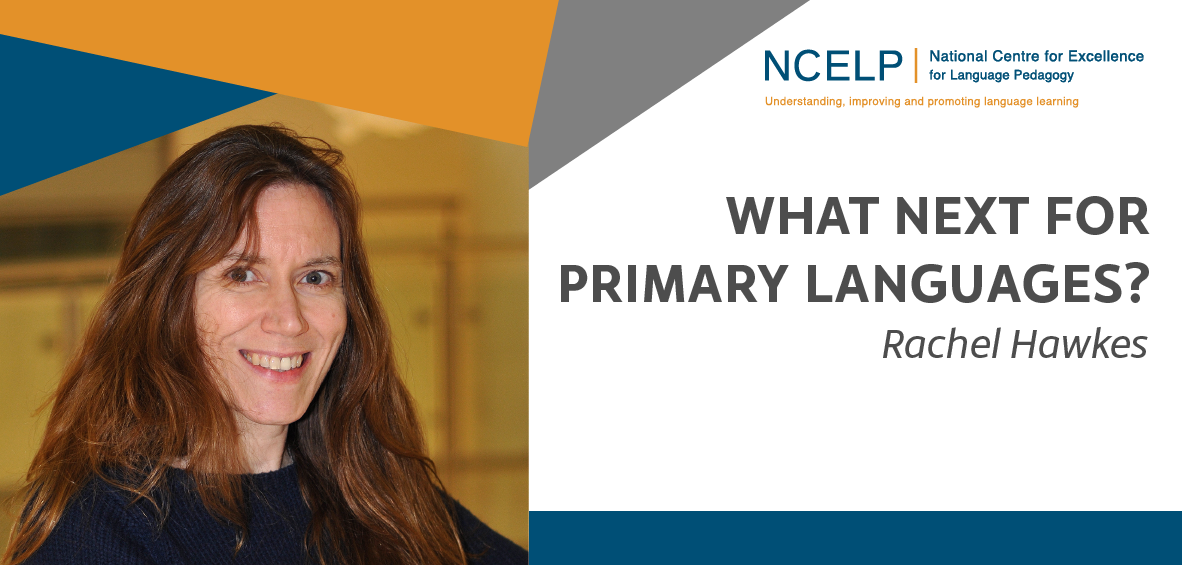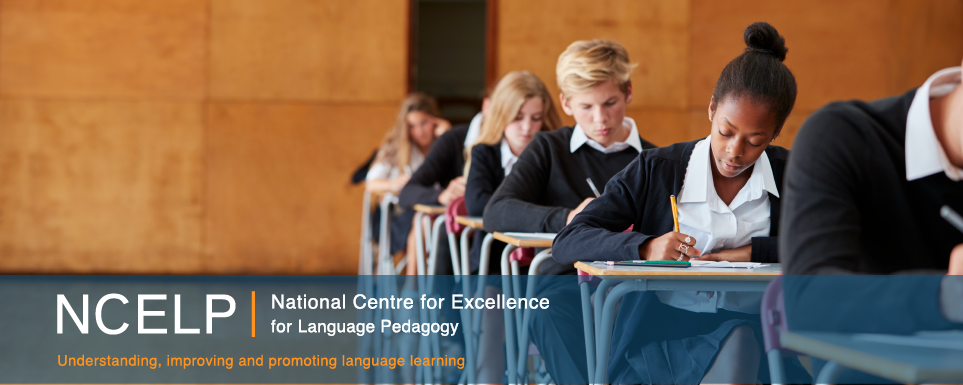The release of MultilingProfiler Version 3 is now available - our freely available online tool for analysing French, German and Spanish texts.
Read MoreWe are providing a further two CPD sessions in February on Differentiation to support lower proficiency learners.
Read MoreJoanna Cairns, Head of MFL at Archbishop Temple School and Specialist Leader of Education for Preston Teaching School Alliance discusses NCELP SoW
Read MoreJanine Turner, NCELP Resource Developer for German, shares her thoughts on how the NCELP approach promotes a 'refreshing change' in the way we teach languages.
Read MoreJoe Fincham of Blatchington Mill School shares his experience of a recent Ofsted Deep Dive at his school.
Read MoreNCELP aligned resources are now freely available at Languagenut.
Read MoreRachel Hawkes discusses what the future holds for primary language education
Read MoreNCELP is pleased to share with you a helpful resource for teachers using NCELP Google Slides conversions
Read MoreEduqas is using the NCELP word lists to create their new suite of GCSEs in French, German and Spanish.
Read MoreNCELP outlines its plans for the KS4 Schemes of Work for French, German, and Spanish following the Teaching Schools Council MFL Pedagogy Review, Ofsted recommendations and the new GCSE Subject Content.
Read More
